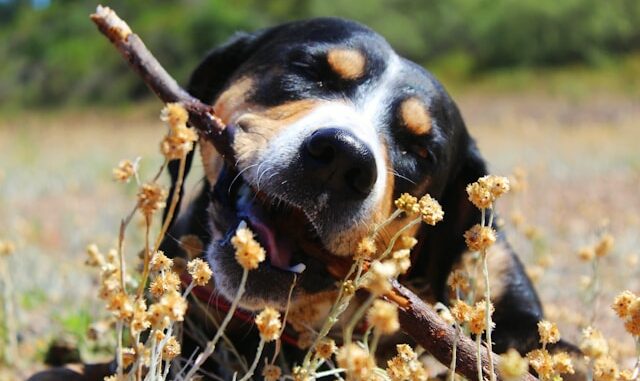
Ontario’s Dog Owners’ Liability Act (DOLA) stands as a crucial safeguard within the province’s legal framework, addressing the complexities of dog-related incidents and the responsibilities of pet ownership. While often viewed through the lens of legal liability, DOLA also serves as a reflection of societal attitudes towards dogs and the importance of fostering safe and harmonious communities. This article explores the multifaceted implications of DOLA, highlighting its role in promoting responsible ownership, protecting public safety, and shaping perceptions of canine companionship in Ontario.
Beyond its legal implications, the Dog Owners’ Liability Act embodies a broader commitment to promoting responsible pet ownership and ensuring the welfare of both dogs and humans alike. By establishing clear guidelines for dog owners and holding them accountable for the actions of their pets, DOLA encourages proactive measures to prevent dog-related incidents and mitigate potential risks to public safety. This proactive approach not only reduces the likelihood of harm but also fosters a culture of responsible ownership, where dogs are seen as valued members of the community rather than potential sources of danger.
At its core, DOLA operates under the principle of strict liability, holding dog owners accountable for any harm caused by their pets, regardless of fault or negligence. While this may seem stringent, strict liability serves as a necessary deterrent against irresponsible ownership and underscores the importance of ensuring that dogs are properly trained, socialized, and supervised. By establishing clear expectations for owners and consequences for non-compliance, DOLA helps to create safer environments where dogs can coexist peacefully with their human counterparts.
Moreover, the definitions of key terms such as “bite” and “attack” outlined in DOLA play a crucial role in shaping perceptions of canine behavior and assessing liability in cases of dog-related incidents. By providing clear criteria for what constitutes a bite or attack, DOLA helps to standardize legal proceedings and ensure consistency in the application of the law. This clarity not only benefits victims seeking compensation for their injuries but also helps to protect dog owners from unfounded claims and misunderstandings about their pet’s behavior.
In addition to addressing the legal ramifications of dog ownership, DOLA also serves as a reflection of societal attitudes towards dogs and their role within communities. By emphasizing the importance of responsible ownership and the prevention of dog-related incidents, DOLA promotes a culture of respect and understanding towards dogs, recognizing them as valued companions deserving of proper care and consideration. This shift in perspective not only enhances public safety but also fosters stronger bonds between dogs and their owners, leading to happier, healthier communities overall.
In conclusion, Ontario’s Dog Owners’ Liability Act represents more than just a legal framework for addressing dog-related incidents; it embodies a commitment to promoting responsible ownership, protecting public safety, and shaping perceptions of canine companionship within the province. By establishing clear guidelines for owners, defining key terms, and holding individuals accountable for the actions of their pets, DOLA helps to create safer, more inclusive communities where dogs are valued members rather than potential liabilities. Through a combination of legal responsibility and societal awareness, DOLA lays the groundwork for a future where dogs and humans can coexist harmoniously, enriching each other’s lives in the process.
